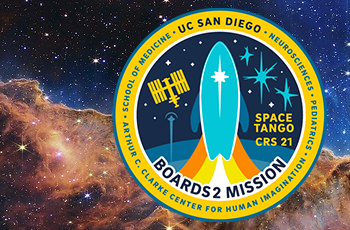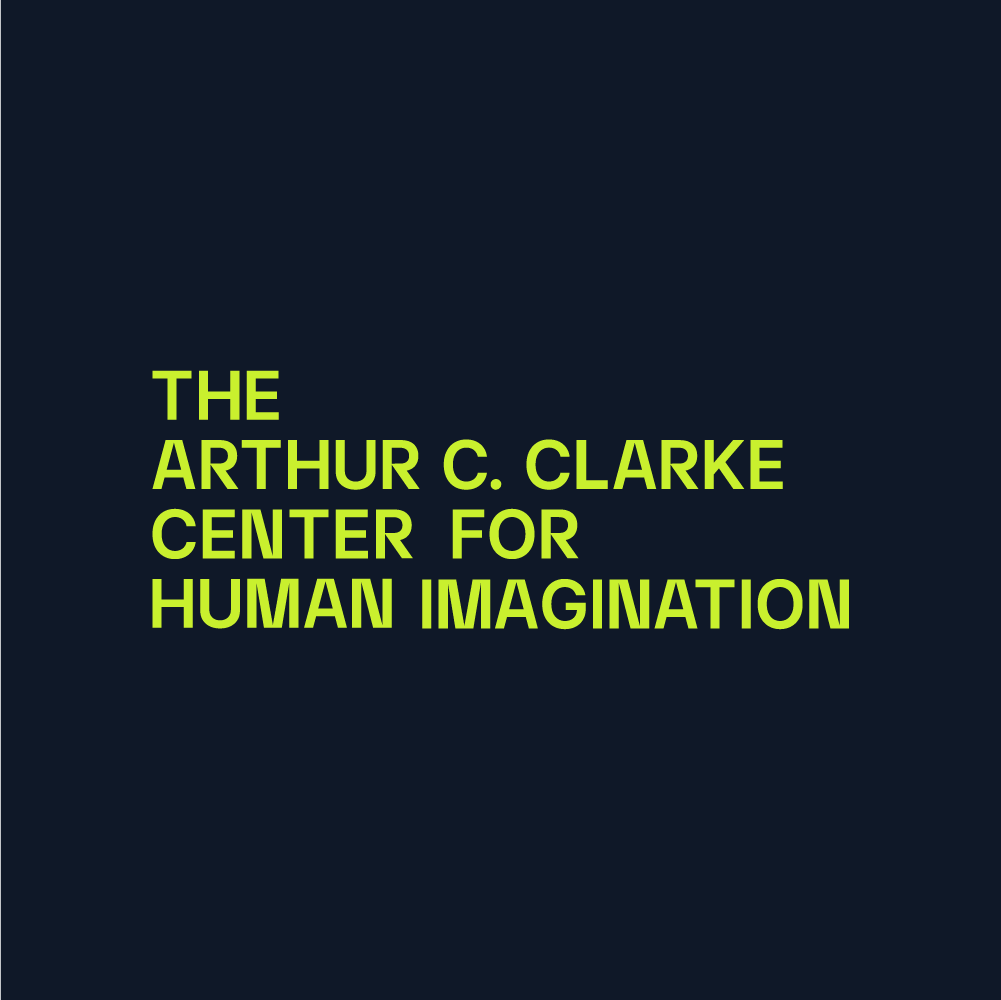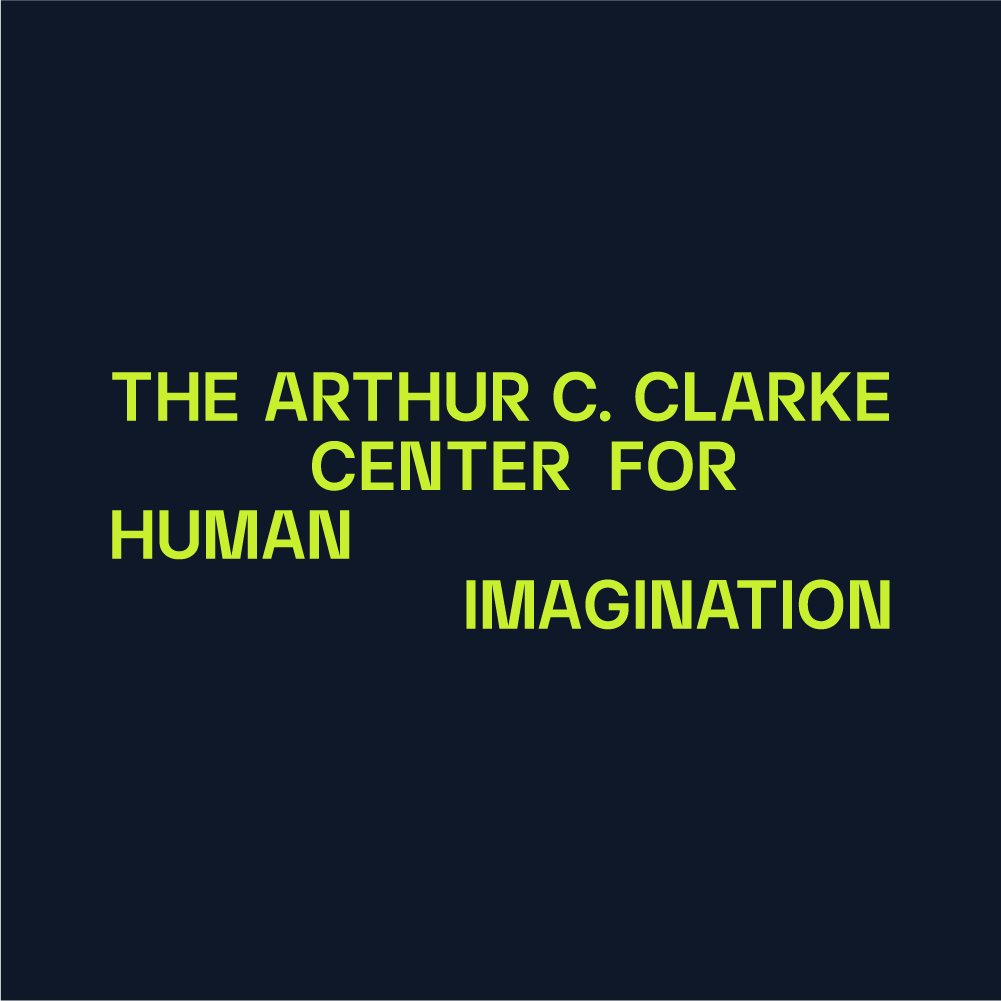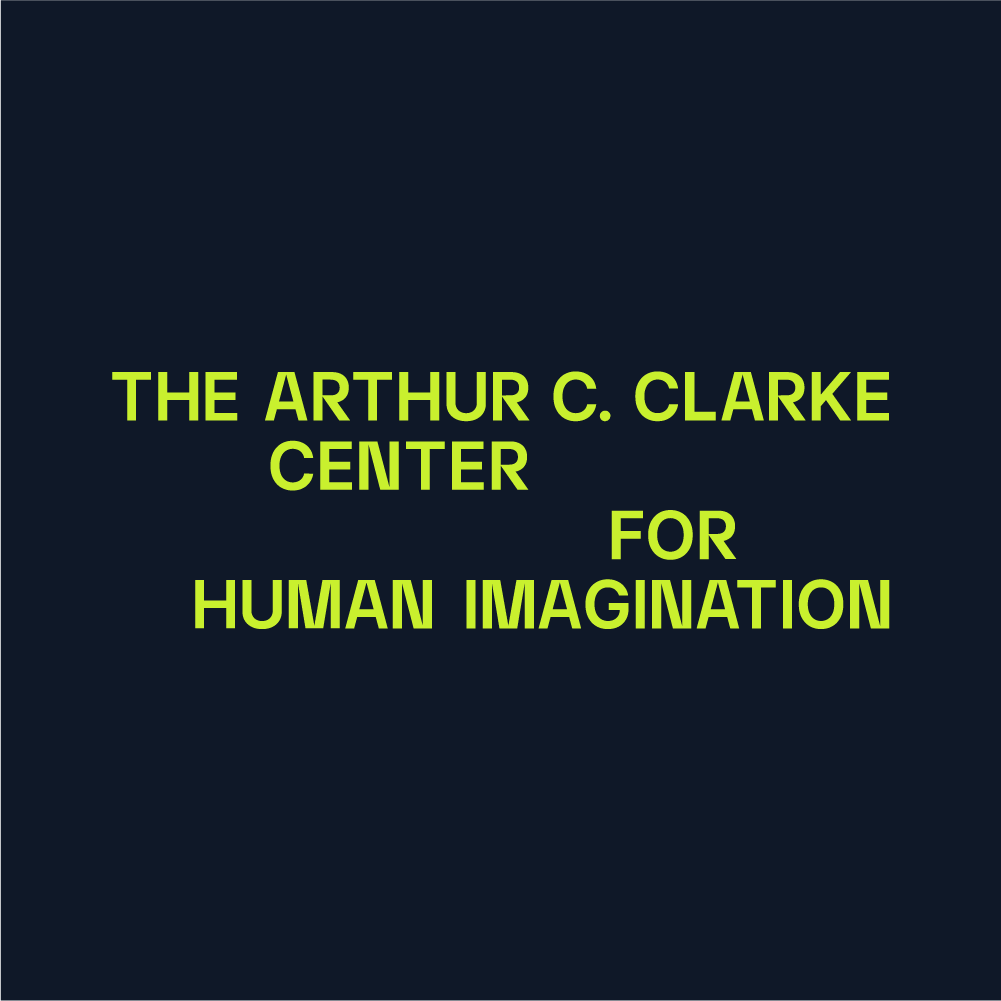
BOARDS to Take
Flight Again
Investigation to Explore Brain Aging in Space to Fly on SpaceX CRS-29
To unlock insights into protecting our brains from cognitive decline, a team of researchers from the University of California, San Diego, including Dr. Erik Viirre (Director, Clarke Center), is turning to the International Space Station (ISS) through the Brain Organoid Advanced Research Developed in Space (BOARDS) program. The team’s investigation to probe the effects of space conditions on the human brain is poised to launch to station on SpaceX’s 29th Commercial Resupply Services (CRS) mission. The ISS National Laboratory®-sponsored project will inform potential applications for treating and preventing late-onset diseases like Alzheimer’s and dementia.
The research team will leverage the unique space environment to study how microgravity, radiation, and other factors influence the brain’s aging process at the molecular level. Employing brain organoids as surrogates, these miniature, lab-grown brain models derived from human stem cells will serve as windows into the human brain’s response to space-related stressors.
For more details, please see this press release on the ISS National Laboratory website.








